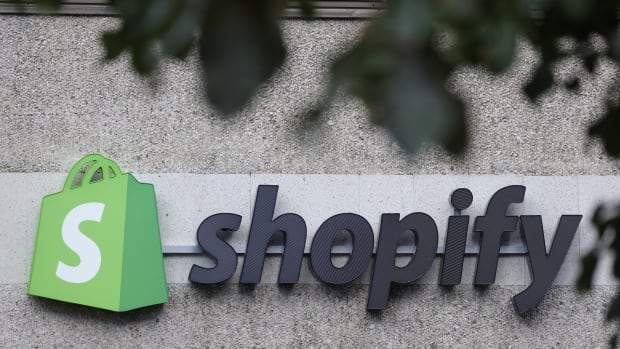Canadian e-commerce platform Shopify said on Wednesday it expected quarterly sales growth to be the slowest in two years due to economic uncertainty and weak consumer spending, sending its shares down about 20%. .
The company's stock price on the Toronto Stock Exchange hit a six-month low, and the company was on track to lose $25 billion in market capitalization as the poor outlook clouded better-than-expected first-quarter results.
E-commerce growth has rebounded from the post-pandemic slump, but cautious consumers are cutting back on discretionary spending, hampering Shopify's efforts to integrate AI-based tools into its products and drive up prices. We have come to a time when we are in the midst of a crisis.
Adding to the pressure is that the company's core customers consist of small and medium-sized businesses that are vulnerable to stubborn inflation.
Finance chief Jeff Hoffmeister said in a post-earnings conference call that the effect of price increases this quarter was smaller than in the previous quarter.
“In the second quarter, we initiated the first price changes for our standard plans effective April 2023, resulting in headwinds to quarter-on-quarter revenue growth.”
Shopify on Wednesday said it expects sales to grow in the low teens in the second quarter, disappointing investors who had seen average growth of about 26% in the past few quarters.
Analysts estimate sales will rise 19.35% in the current quarter, according to data from financial firm London Stock Exchange Group.
Shopify also expects operating expenses to increase by a low-to-mid single-digit percentage in the second quarter, after declining 4% in the first three months of the year.
This result includes the impact of the sale of its logistics division to freight forwarding company Flexport.
“Despite the strong first-quarter report, the outlook for second-quarter revenue contraction and weaker-than-expected margins is alarming for investors,” said Third Bridge analyst Charlie Miner. ” he said.
Shopify reported first-quarter revenue of $1.86 billion, compared to analysts' average estimate of $1.85 billion.


